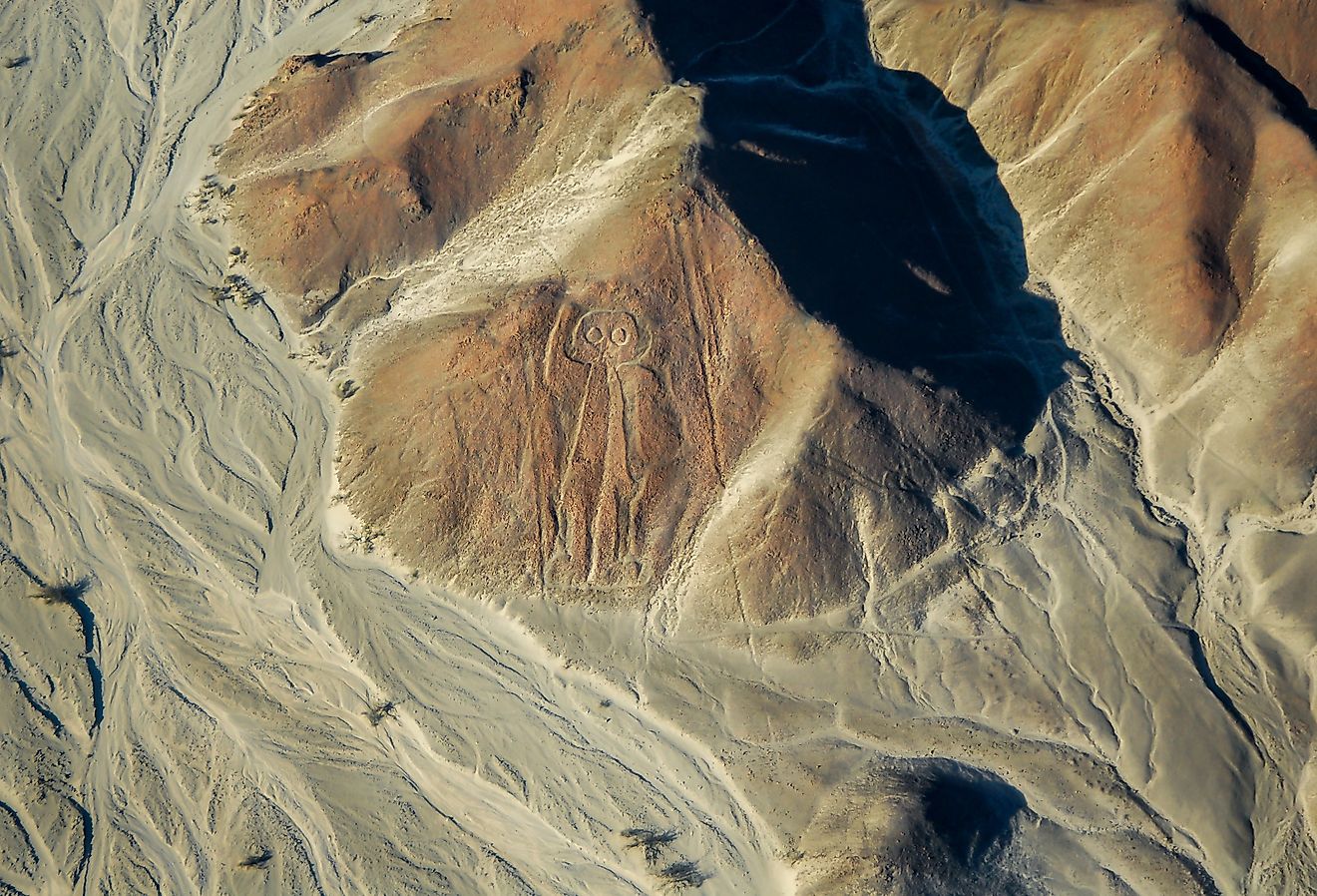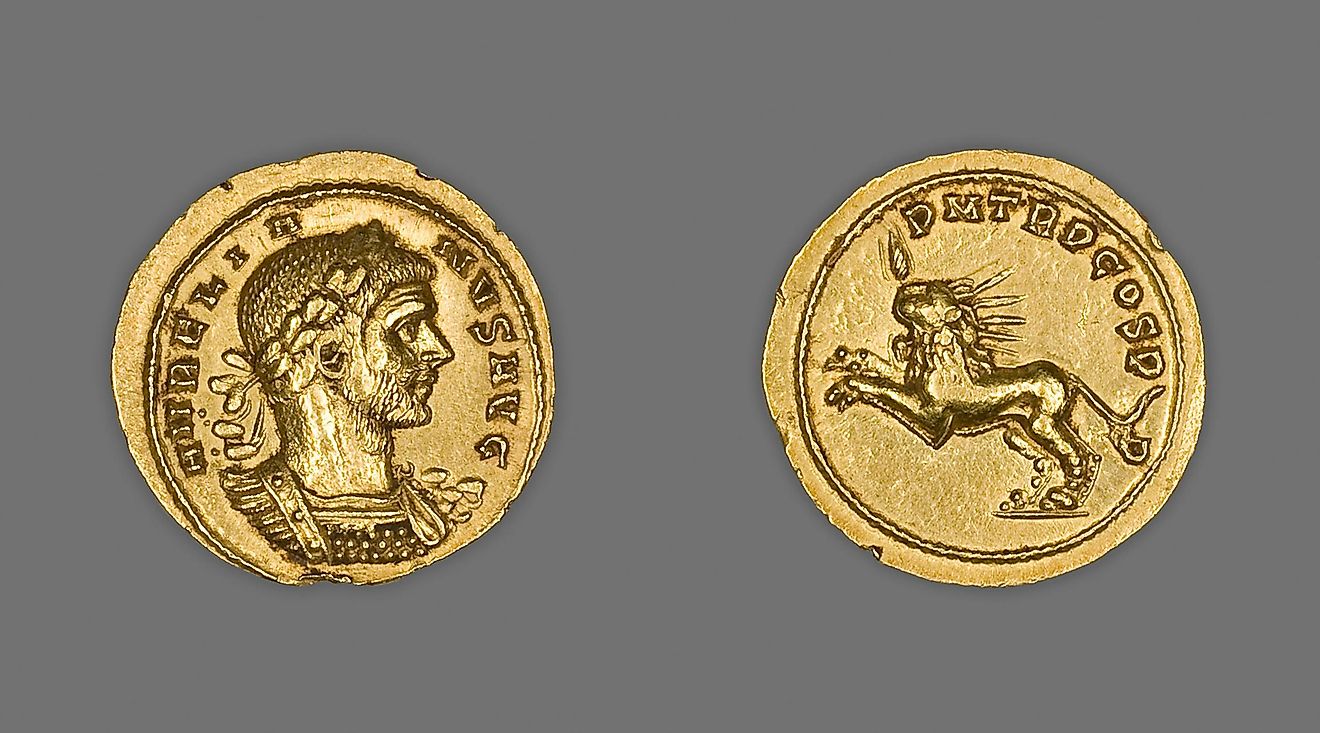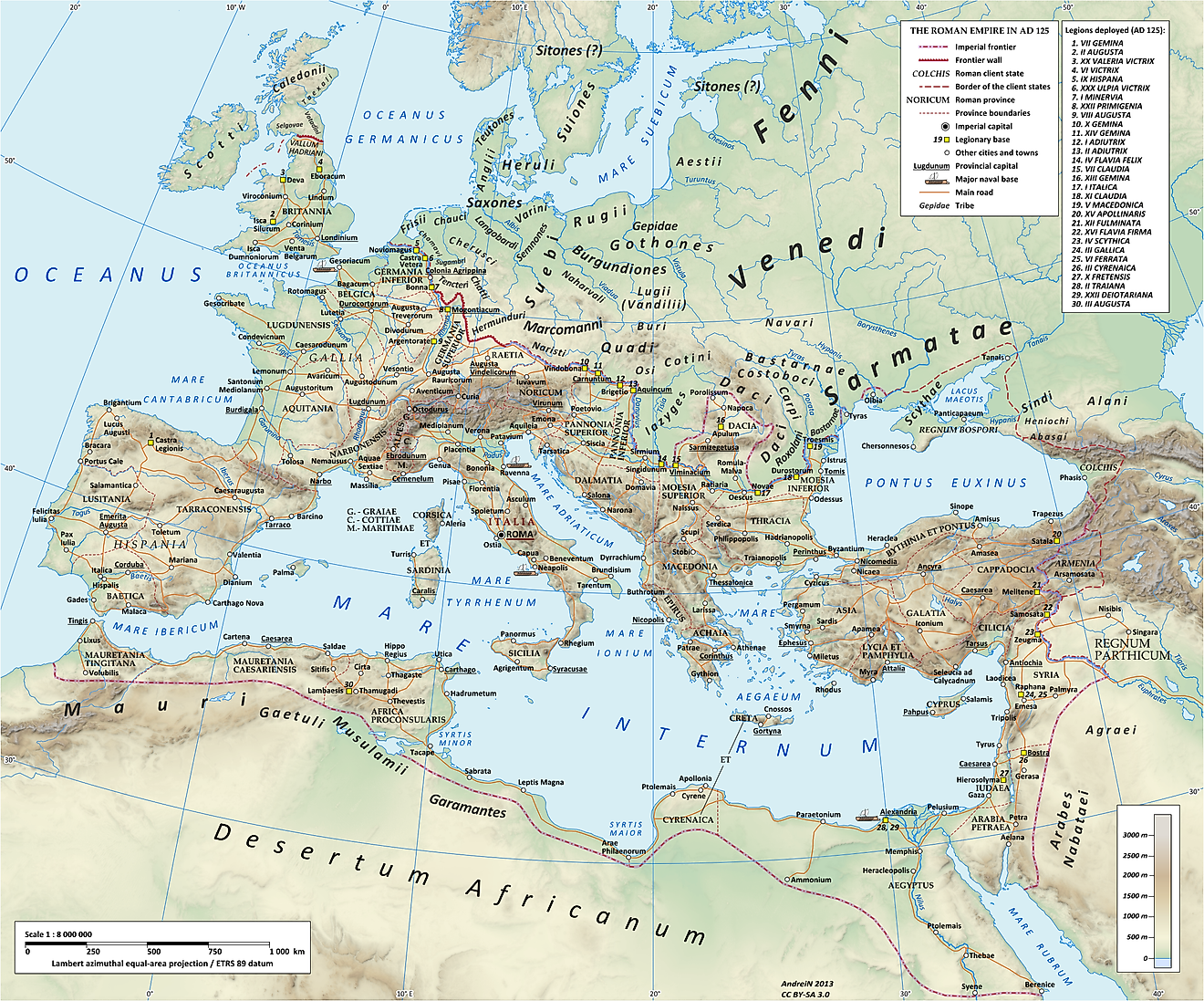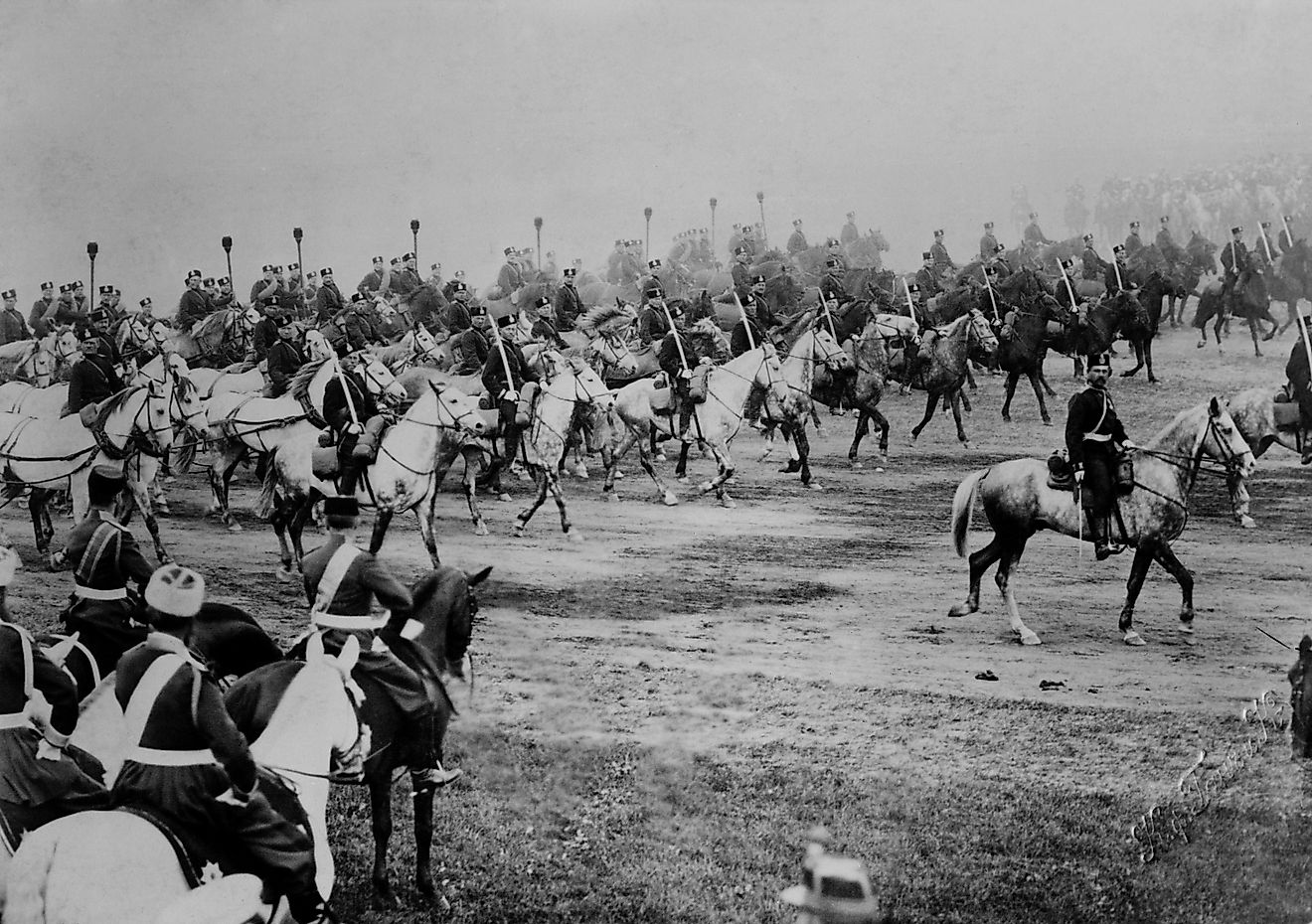
Why Were So Many Countries Colonized by Europeans?
The Age of Discovery (the late 1400s to the late 1600s) centered around seafaring exploration by European powers like Spain, Portugal, England, France, and the Netherlands, during which they colonized countries all over the globe. The 1800s and early 1900s then saw a new wave of imperialism, in which many of these powers further expanded their territorial holdings. There are several reasons why this widespread colonization occurred. First, spreading Christianity often motivated exploration. Colonization also proved enormously lucrative in termd of resources. Later on, racism played a key role in continued colonial oppression. Finally, geographic and disease-based differences gave Europe particular advantages over other continents, allowing for the colonization of most of the rest of the world.
Religion

Religious-based military campaigns began as early as 1095 with the Crusades. Spreading Christianity was subsequently a key motivating factor for European exploration centuries later, with historian Adriaan van Oss arguing that it was the principal reason for Spain's colonization of the Americas. Indeed, the Vatican ordered the Spanish by decree to convert the Indigenous populations to Catholicism.
Thereafter, the French embarked on similar campaigns in North America in the mid-1600s. Christian missionaries were also heavily involved in the Scramble for Africa in the 1800s. While some traveled to the continent because they genuinely believed in salvation through conversion, many European powers used these missionaries as a guise to establish footholds in Africa, thereby enabling future colonial endeavors. In short, religion was one reason why Europe colonized much of the world.
Economics

Economics is another reason why Europeans occupied so many countries. Indeed, the secondary goal of Spanish colonizers was to secure gold and silver deposits throughout South America, Central America, and Mexico. Colonization also enabled the creation of trade routes from the Americas to Europe, with the 16th to 19th-century silver trade marking one of the first steps toward a global economy.
The French and British then got involved in the North American fur trade in the 1600s. Perhaps most infamously, the Transatlantic Slave Trade began in the 1500s, in which Europeans bought or captured Africans and transported them to the Americas. However, rather than being a mere economic endeavor, this practice touches on another reason for European colonization, racism.
Racism

During the 1800s, scientific racism, the belief in the supposedly empirically justified superiority of particular races over others, emerged as a powerful force amongst European elites. To give an example, French aristocrat Arthur de Gobineau asked in one of his books "So the brain of a Huron Indian contains in the undeveloped form an intellect… (the) same as an Englishman or a Frenchman? Why then…has he not invented printing or steam power?” Scientific racism subsequently became a justification for colonialism. For instance, a key part of the 19th-century French colonial project in Africa was the "civilizing mission," the notion that it was their duty to bring civilization to previously uncivilized peoples.
Even following the First World War, with notions of self-determination now dominating international relations, colonialism continued. Indeed, the League of Nations dictated that certain regions, like the former Ottoman Empire, were not ready for self-determination. Therefore, European powers like the United Kingdom (UK) and France oversaw portions of these regions to guide them toward independence. Known as League of Nations mandates, they were essentially governed as colonies. Moreover, the justifications for these mandates were often rooted in deeply paternalistic and racist perceptions of non-Europeans' inability to self-govern.
Geography

One of the biggest reasons why Europe colonized so much of the world is geography. Their position gave them a distinct advantage over continents such as Africa, North America, South America, and Australia. Geographer and historian Jared Diamond posited that, rather than any differences in ingenuity and intelligence, it was mere opportunity and necessity due to circumstantial happenstance that led to this phenomenon.
For example, the widespread presence of natural borders like mountain ranges and rivers in Europe contributed to the development of different states, leading to competition that prevented technological stagnation. Moreover, animals native to Africa, like zebras, elephants, and antelopes proved impossible to domesticate, as opposed to many of the animals native to Europe like dogs, horses, pigs, cows, and goats. This allowed for the easier plowing of land and transportation of goods, dramatically improving agriculture. In short, European geographical advantages led to technological, agricultural, and military innovations, giving rise to the conditions that made seafaring exploration possible.
Diseases

During the colonization of the Americas, European diseases killed about 90% of the Indigenous populations. However, this does not explain why diseases native to North America did not kill equal numbers of Europeans. To understand these disproportionate outcomes, Jared Diamond hypothesized that most European diseases developed in densely populated urban environments. He also points out that many Europeans lived in close proximity to domesticated animals, allowing for animal diseases to infect humans. Factors such as these resulted in more dangerous pathogens in Europe than in the Americas, leading to epidemics like the Black Death. Thereafter, the Europeans who survived passed on natural immunity to their offspring. All this meant that Europeans were immune to many more diseases than the Indigenous populations, making the colonization of North and South America much easier due to sheer biological luck.
Conclusion
In conclusion, a variety of factors led to widespread European colonization by key players such as Spain, Portugal, England, and the Netherlands. Religion was a guiding principle for many, as was financial gain. By the 19th century, racist perceptions of non-Europeans also played a role in continued colonial exploitation. Finally, geographic and disease-based advantages made European colonization possible in the first place.











